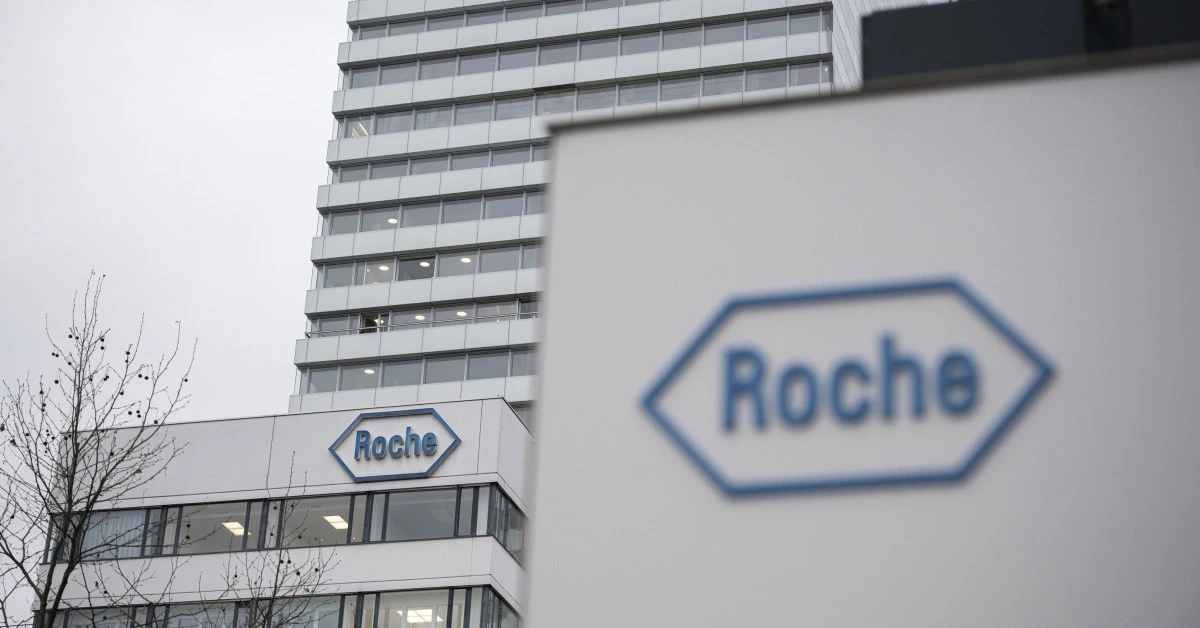
SWITZERLAND – A new survey commissioned by Roche has revealed that half of the people surveyed have limited or no awareness of the connection between human papillomavirus (HPV) and cervical cancer.
The survey, conducted by GWI across 12 countries in Latin America and Europe, questioned 8,700 people about their understanding of HPV, a common virus linked to various types of cancer.
The survey showed that nearly half of those polled had an “inadequate understanding of HPV,” with almost one-third either “unsure or unaware” of the virus altogether.
Additionally, it found that many people have “limited or no awareness” of the role HPV plays in causing cervical cancer, despite it being the leading cause of the disease.
HPV is responsible for over 99% of cervical cancer cases, with more than 600,000 women diagnosed annually and over 340,000 dying from the disease worldwide.
“Every year, thousands of women are needlessly dying from cervical cancer,” said Joanna Sickler, Vice President of Health Policy and External Affairs at Roche Diagnostics.
“This survey highlights some of the most important barriers to screening, as well as the opportunities we have to prevent disease and improve women’s health.”
Understanding HPV and its risks
HPV is a group of over 100 related viruses that affect the skin and mucous membranes. Some strains can lead to warts, while others are linked to cancers, including cervical, anal, penile, and head and neck cancers.
Most people with HPV experience no symptoms, and the infection often resolves on its own. However, high-risk strains of HPV can cause long-term health issues, including mutations that lead to cancer.
The introduction of HPV vaccination programs over the past decade has made a significant impact in preventing HPV-related cancers.
However, older adults who were not part of these programs remain at risk. Roche states that 93% of cervical cancers could be prevented with proper screening and HPV vaccination.
Barriers to screening and the case for self-testing
Despite the availability of screening tools like the cobas HPV Test, which identifies the high-risk strains HPV 16 and HPV 18, many women face barriers to getting tested.
According to the survey, up to 63% of participants expressed concerns about the pain associated with the testing procedure, and 57% were uncomfortable discussing their sexual history with a healthcare provider.
Roche believes that self-testing kits may be the solution to overcoming these barriers and increasing screening rates.
“With many women reporting being open to new screening tools like self-collection, it has never been more important that communities, health systems, governments, and innovators come together to seize this opportunity,” said Sickler.
Roche hopes the survey findings will spur greater public education about HPV risks and lead to more accessible screening methods, especially for underserved populations.
By improving awareness and access to screening, Roche aims to reduce cervical cancer deaths and make meaningful progress in HPV prevention.
“This survey highlights both the challenges ahead and the significant opportunities we have to advance HPV prevention,” Sickler said.
“By reimagining how we deliver care and driving higher screening rates, we can make meaningful progress in combating cervical cancer.”
Expanding access to life-saving resources
In September 2024, Roche joined the Global HPV Consortium, aiming to strengthen global efforts for cervical cancer prevention through early screening and HPV-DNA testing.
Cervical cancer, often diagnosed at later stages in low-income countries, can be prevented with early HPV detection, which offers a chance for timely treatment.
Roche already supports cervical cancer screening in over 55 countries with the cobas HPV test. A notable collaboration with the Peruvian Ministry of Health since 2021 has led to over 300,000 women, including those in remote areas, being tested for HPV using Roche’s self-collection solution.
Through the Roche Global Access Program, the company works to expand access to cost-effective screening, helping to eliminate cervical cancer in regions with the greatest need.
XRP HEALTHCARE L.L.C | License Number: 2312867.01 | Dubai | © Copyright 2025 | All Rights Reserved